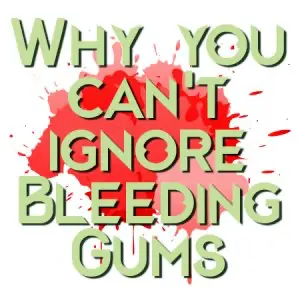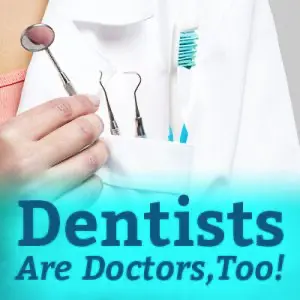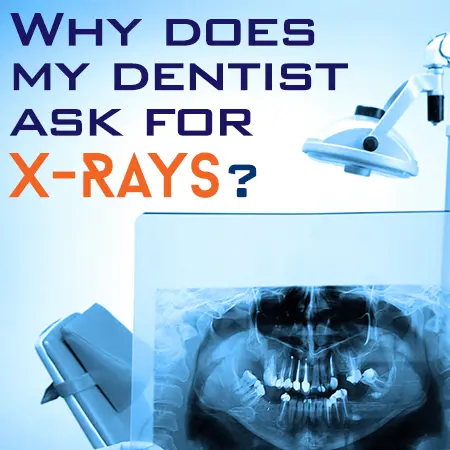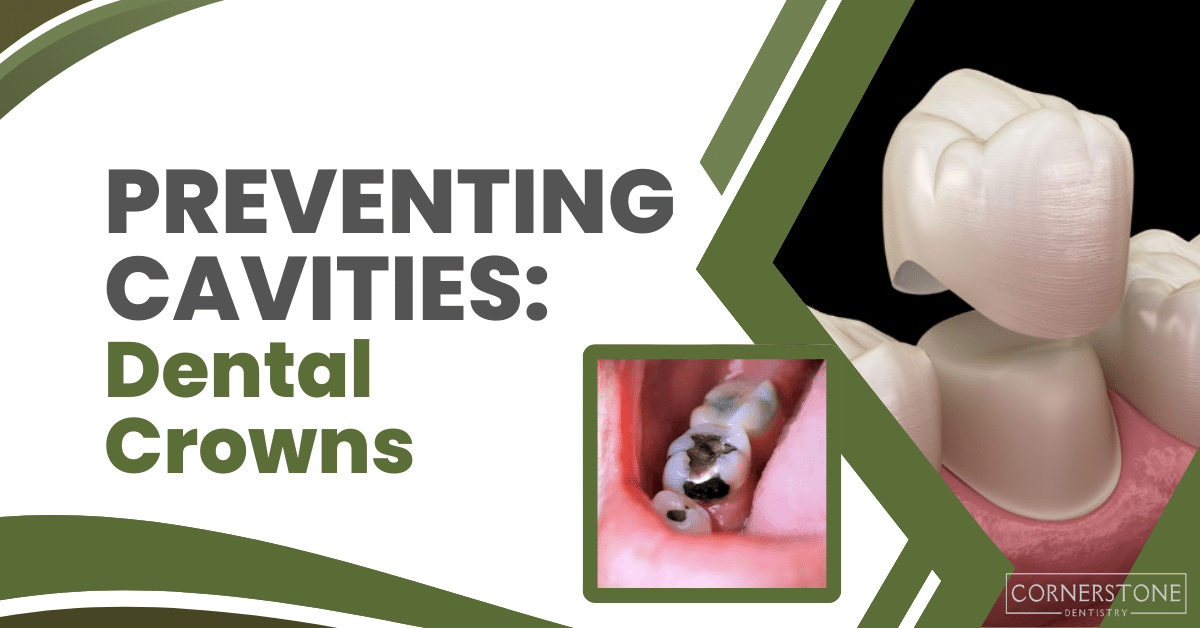Wisdom teeth removal is a common dental procedure that involves extracting the third molars, also known as wisdom teeth. These teeth are located at the very back of your mouth and usually make their appearance in your late teens or early twenties. While some lucky individuals have no issues with their wisdom teeth, others may experience a whole host of problems.
Now, you might be wondering why these teeth need to be removed in the first place. Well, here’s the deal: most people don’t have enough space in their mouths to accommodate these extra molars. As a result, the wisdom teeth can become impacted or partially erupted, leading to a myriad of problems like pain, infection, tooth decay, gum disease, and even crowding of the surrounding teeth.
The good news is that wisdom teeth removal is a routine procedure performed by dentists or oral surgeons. The process typically involves a consultation followed by an X-ray examination to determine the position and condition of your wisdom teeth. If removal is recommended, you’ll be given local anesthesia or sedation to ensure a comfortable experience during the procedure.



Reasons for Wisdom Teeth Removal
Reasons for Wisdom Teeth Removal
Wisdom teeth removal is most often done for one of three reasons:
- The wisdom teeth have become impacted and are unable to erupt properly;
- The wisdom teeth have developed cavities or periodontal disease;
- The position of the wisdom teeth increases your risk for developing gum disease and other dental issues.
Depending on your specific situation, removing your wisdom teeth may be necessary for optimal oral health.
What To Expect During A Wisdom Teeth Removal
When removing wisdom teeth, dentists and oral surgeons take various precautions to ensure safety. Our dentist will evaluate your medical history and examine your mouth before the operation. After this assessment, they may take jaw X-rays to analyze wisdom tooth location and other risk factors. Our dentist or oral surgeon will give you instructions on what to do before the surgery, which may include fasting for a certain period of time. Most often, you’ll be given local anesthesia to numb the area around the extraction site. In some cases, general anesthesia may be used if multiple teeth are being removed or if you prefer to be completely unconscious. Once you’re numb or asleep, our dentist will remove your wisdom teeth. They may need to make incisions in your gums and possibly remove some bone to access the teeth. Wisdom teeth removal takes one to two hours. The dentist may cut your gums or take bone tissue to remove your wisdom teeth.
What To Expect After A Wisdom Teeth Removal
After a wisdom teeth removal procedure, it is important to follow postoperative instructions to promote proper healing and minimize discomfort. Here’s what you can generally expect during the recovery period:
- Swelling and Discomfort
- Bleeding
- Oral Care
- Diet
- Activity and Rest
- Follow-up Appointments
- Complications
Each individual’s recovery may vary, so it’s crucial to follow the specific instructions provided by your dental professional. By taking proper care of yourself during the recovery period, you can support optimal healing and minimize any potential complications.
For proper oral healing, your dentist should give you follow-up advice. This usually involves repeated visits to evaluate your progress and ensure the spot is healing appropriately.
At Cornerstone Dentistry, we pride ourselves on delivering exceptional dental care in a warm and welcoming environment. Our goal is not only to remove your wisdom teeth but also to ensure your overall oral health and well-being.
So, if you’re experiencing pain or discomfort due to your wisdom teeth or if you’re simply curious about whether they need to be removed, don’t hesitate to reach out to us. Schedule an appointment today, and let our skilled team at Cornerstone Dentistry take care of your wisdom teeth removal needs with expertise and compassion.
Recovery Process
After healing, good oral hygiene is crucial to prevent future difficulties. Brush twice a day with fluoride toothpaste and a gentle toothbrush. Your dentist recommends flossing and antibacterial mouthwash. Maintain dental exams and cleanings.
Foods also aid healing. Protein- and calcium-rich diets support bone and tooth health. Fish, lean meats, dairy, leafy greens, and nuts are healthy foods. To maintain oral and bodily health, drink enough water. These easy actions will ensure a smooth tooth extraction recovery. Lifelong oral health requires self-care during recovery. Follow your dentist’s instructions to restore your smile!
Aside from following these rules, you should also watch out for complications like infection and dry socket after getting a tooth pulled. If any of these things happen to you, please call Cornerstone Dentistry.
A proper diagnosis and treatment will kick-start your healing process. With the right aftercare, you can guarantee a successful tooth extraction and get your smile back in shape in no time.

Risks of Keeping Wisdom Teeth
Keeping wisdom teeth, especially when they are impacted or causing issues, can pose certain risks and complications. Here are some potential risks associated with keeping wisdom teeth:
- Impacted Wisdom Teeth
- Infection and Gum Disease
- Decay and Cavities
- Cysts and Tumors
- Orthodontic Issues
- Difficulty in Dental Procedures
It’s worth noting that not everyone faces these difficulties; some people may have perfectly healthy wisdom teeth due to having enough room for their eruption. However, it’s important to talk to a dentist who can assess your unique case and offer tailored guidance on whether you should keep or extract your wisdom teeth.Your complete dental care is our pleasure at Cornerstone Dentistry.
Do’s and Don’ts of Wisdom Teeth Removal
Following a wisdom teeth removal, it’s important to adhere to specific do’s and don’ts to promote proper healing and minimize complications. Here are some general guidelines to consider:
DO’s
Don’ts:
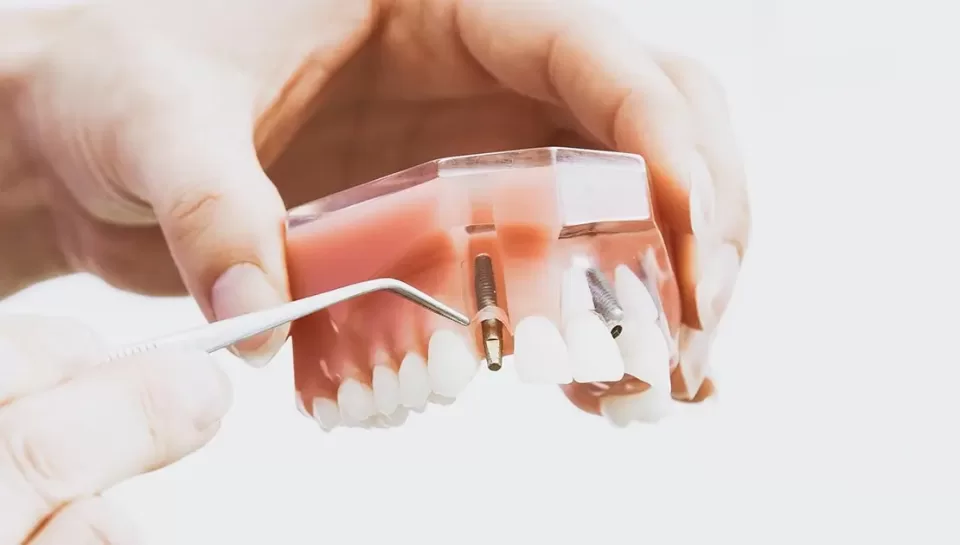

Proudly serving patients from Anderson, Seneca , Clemson, Powdersville, Greenville, Easley, Greenwood, and beyond!
If you have any questions or would like to schedule an appointment with your Anderson dental team, give us a call at (864) 222-9001or request an appointment online! We look forward to hearing from you!

